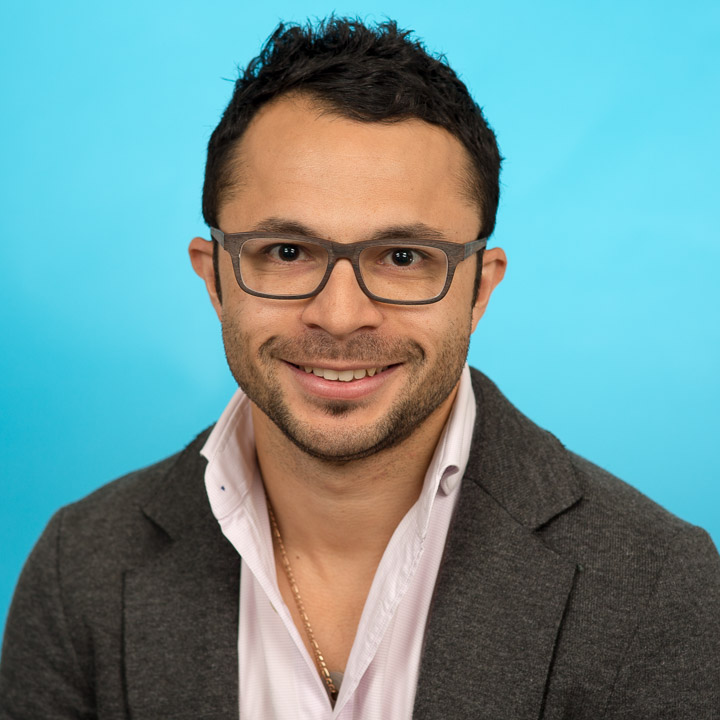
Raglan (Modewa Clan, Papua New Guinea) is a postdoctoral fellow and research associate at the Well Living House, Centre for Urban Health Solutions at St. Michaels Hospital. Raglan has a public health background and a variety of experiences and roles in Australia, Canada and abroad. Prior to completing an Endeavour Executive Fellowship at the University of Oxford, Raglan completed a Ph.D at the University of Canberra in 2015.
Working with: Janet Smylie
Contact Raglan at: Raglan.Maddox@canberra.edu.au
What did you do for your PhD?
My Ph.D research, the Smoke Ring Study, was the first mixed-method longitudinal study into social connections and how they impact smoking among Indigenous people. In a nutshell, we used surveys, focus groups and interviews to unpack tobacco use among the community, helping to evaluate and inform tobacco reduction programs and policies in the Australian Capital Territory.
What did you learn?
This study demonstrated the importance of education, and that achieving a year 12 level of education was protective against smoking. The research also highlighted the strong influence of relationships on smoking behaviours – having a best friend who smoked was strongly associated with whether a person was a smoker, and a non-smoking best friend was linked to a person not smoking. The research findings also demonstrated that great work has been undertaken in reducing tobacco use among Aboriginal and Torres Strait Islander people, but more work is required to address the high rates of tobacco use, and subsequent tobacco related morbidity and mortality.
Why did you study public health?
The main reason – my mother is the youngest daughter of eight siblings, and, at just 62 years old, mum and her younger brother are the only two of those eight that are left. As a result, I have a strong set of social justice principles and I want to see better health outcomes and life expectancy for all.
What would you like to see happen?
I would like to see all children, and all people, have the same prosperous opportunities for health and wellbeing, and to reach their full potential, ensuring that my nieces and nephews have the same opportunities as everyone else regardless of race, skin colour, gender or geographic location.
What are you doing at C-UHS?
I work at the Well Living House at C-UHS, which is an action research centre focused on Indigenous infant, child and family health and wellbeing. Our long-term vision is that every Indigenous infant will be born into a context that promotes health and wellbeing – at the individual, family and community levels. We plan to achieve this vision by improving health policies, services and programs through knowledge work, such as conducting research, building knowledge networks, providing training and experience. My role specifically involves working with communities to identify and address population or community health and wellbeing needs, including reducing commercial tobacco use.
One thing you’d like to see happen differently in the research world?
I would like to see a shift in paradigms, from relatively short-term research to a mix of long-term research. This could promote research to address health, wellbeing and social problems that are massive in scale, as well as assist in recruiting and retaining high quality researchers. In addition, such changes could be a catalyst for reformulating research and societal processes and drivers, providing more adequate time to upscale research, promoting creativity and innovation, and increasing sustainability.